Scientists Suggest Aliens Are Already Hitchhiking Between Planets
For centuries, philosophers, astronomers, and physicists have proposed that there is a good chance that extraterrestrial life forms exist in the depths of the cosmos.
Now, a team of scientists is pushing this theory even further by suggesting alien lifeforms have been hitchhiking from planet to planet, catching a ride on celestial objects that crash land on planets. But just how credible is this theory? Let’s find out.
The Panspermia Hypothesis
For centuries, the panspermia hypothesis, meaning “seeds everywhere,” has captivated researchers. It suggests that the building blocks of life are present throughout the universe and can travel between regions in space.

Source: Alamy
The term panspermia was first coined by the 5th-century BCE Greek philosopher Anaxgoras, who used it to describe the idea that the seeds of life could venture from planet to planet.
Seeds of Life Spread Throughout the Cosmos
Over 2,000 years after Anaxgoras first mentioned his panspermia hypothesis, the 18th-century natural historian Benoît de Maillet also proposed that the vastness of the universe was full of “seeds.”

Source: Freepik
According to the French intellect, these seeds have the ability to propagate and possess the power to give birth to all life in the cosmos.
Microscopic Spores Travel Through the Cosmos
For centuries, various researchers have shared their own opinions on how these so-called seeds of life may move between celestial bodies in the universe.
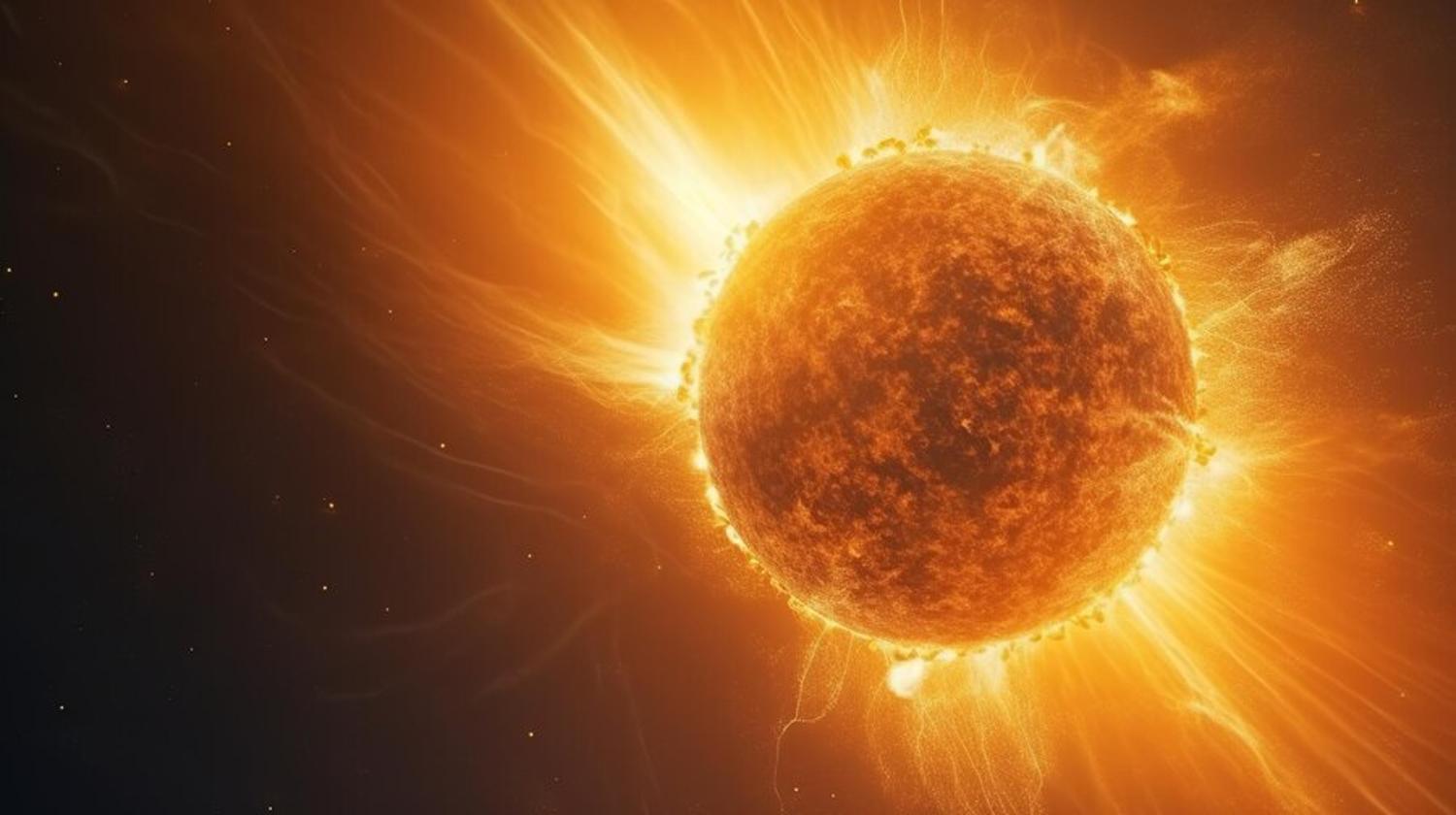
Source: Freepik
In the 19th century, Svante Arrhenius, a Swedish scientist with a fair understanding of physics and chemistry, proposed the idea that microscopic spores are spread throughout the universe as a result of the sun’s radiation pressure.
Panspermia With a Twist
In more recent times, researchers Harrison B. Smith and Lana Sinapayen, along with a team of dedicated scientists, published a study proposing all alternative methods on how the seeds of life may spread throughout the cosmos.
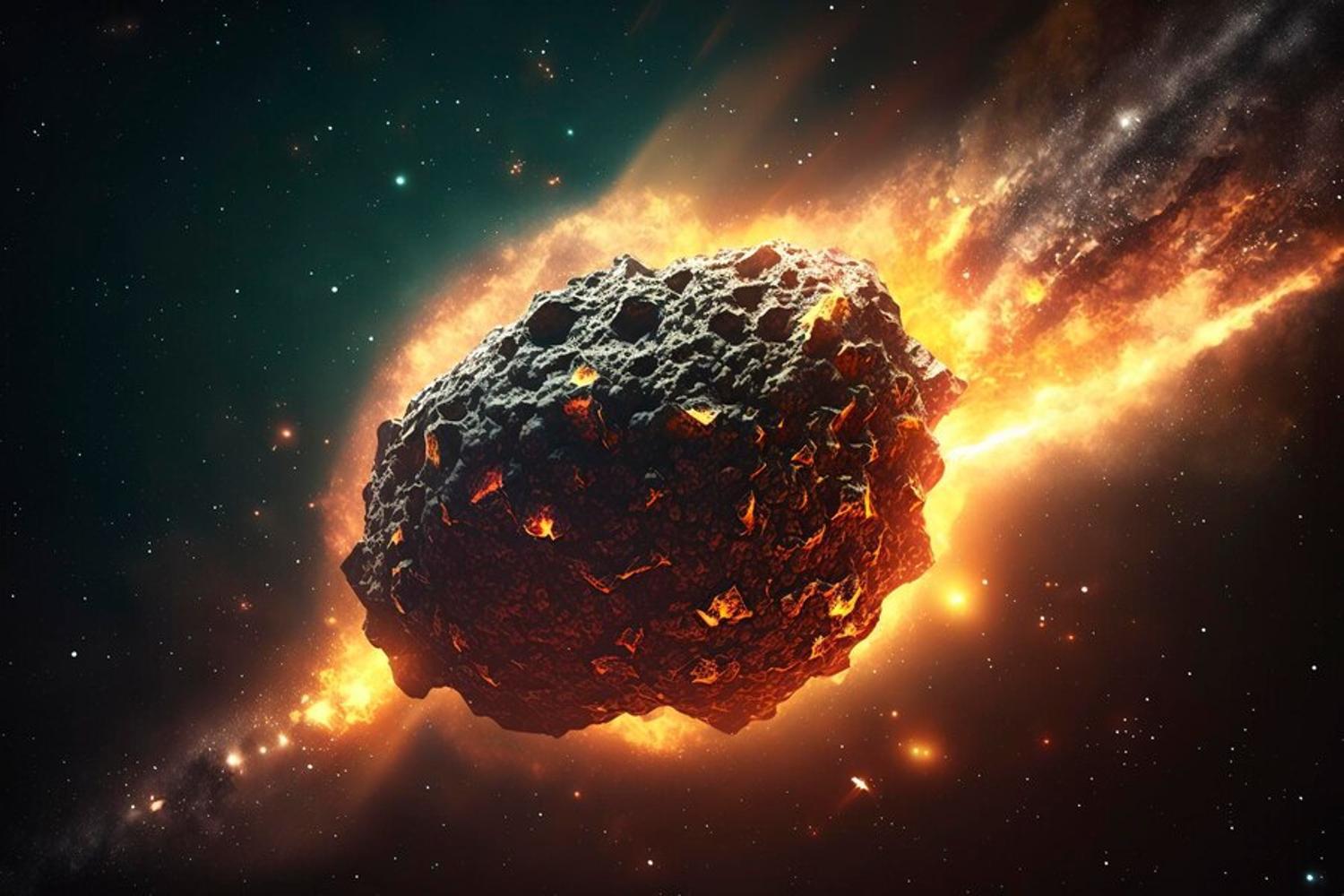
Source: Freepik
The two astronomers suggest that life can move throughout the universe, hitching a ride on the back of a meteorite. Essentially, their theory is a modified version of the original panspermia hypothesis.
Researchers Conduct a New Test
The pair of astronomers conducted a statistical test to identify several neighboring planets with characteristics similar to our own.
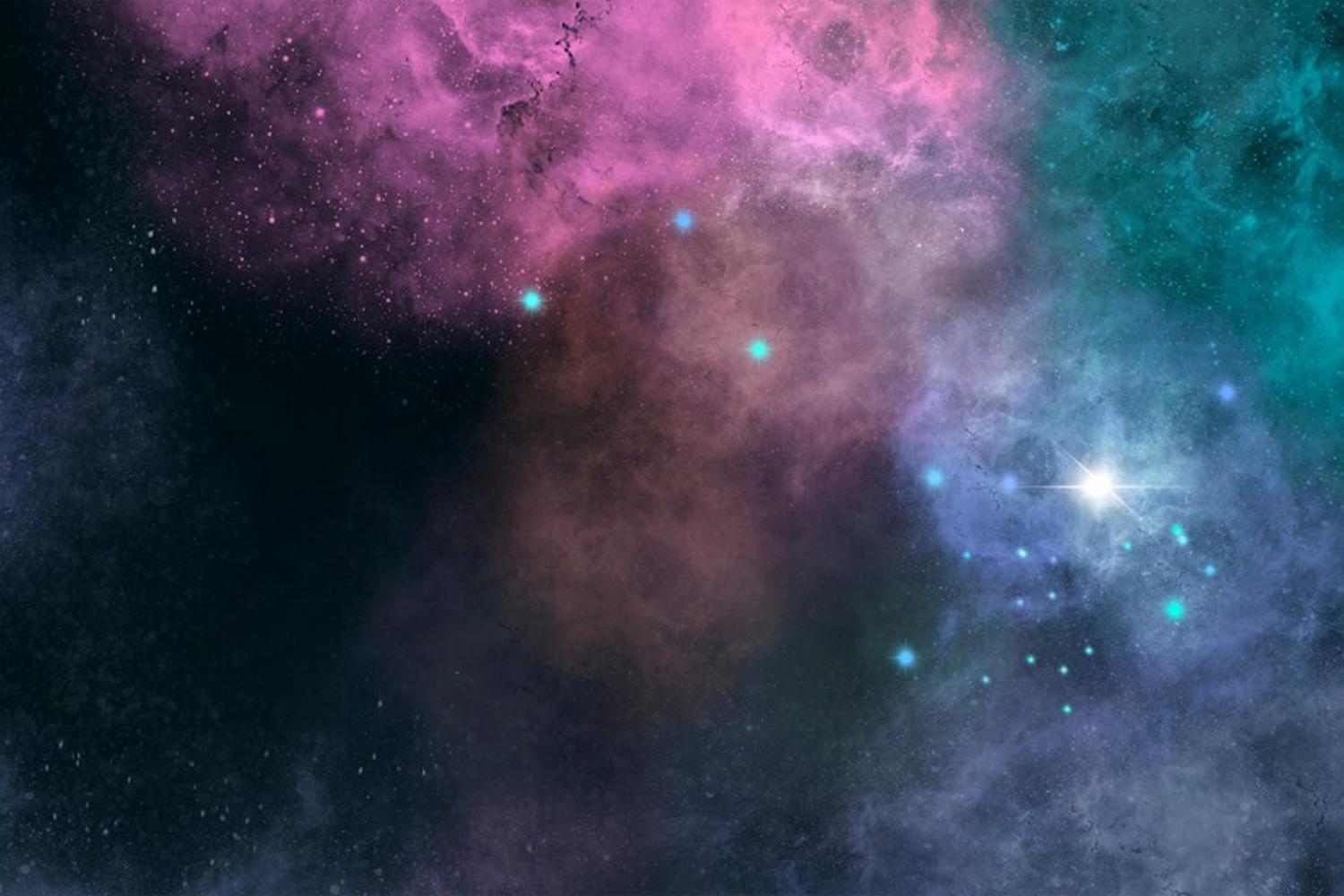
Source: Freepik
Their model, according to the researchers, “Shows that as life propagates across the galaxy, correlations emerge between planetary characteristics and location, and can function as a population-scale agnostic biosignature.”
Astronomers Focus on What Life Might Accomplish
According to the researchers, this biosignature is “agnostic” or unbiased, as it doesn’t rely on any preconceived notions about planetary features or the nature of life.
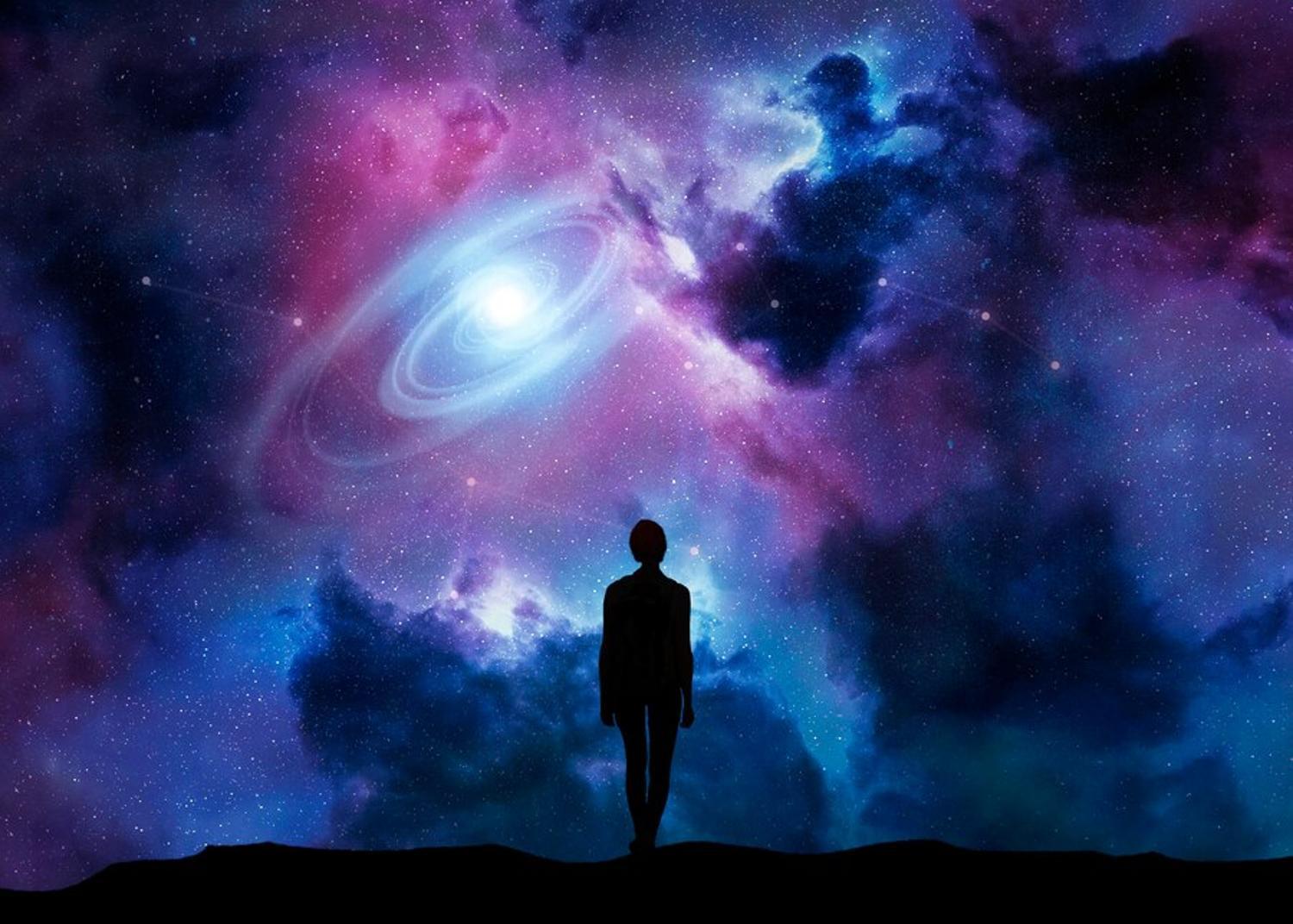
Source: Freepik
Their models aim to focus on what life may accomplish in the universe rather than on the hypothesis of what life consists of in the cosmos.
A Way to Prioritize Planets for Observation
Smith and Sinapayen reveal the nature of their study aims to prioritize certain planets for future observations.

Source: Freepik
“By clustering planets based on their observed characteristics, and examining the spatial extent of these clusters,” the astronomers aimed to “demonstrate (and evaluate) a way to prioritize specific planets for further observation–based on their potential for containing life,” they said.
New Outlook on Potential Life in the Universe
By carefully analyzing the study’s variables, the astronomers believe they may be able to pinpoint certain biosignatures that could lead to the groundbreaking discovery of life on planets throughout the universe.

Source: iStock
Despite the promising nature of their study, it has yet to undergo any kind of peer review. Nonetheless, it certainly presents a new way in which astronomers can search for the seeds of life spread throughout the universe.
Seeds of Life Crash Land on Earth
Smith and Sinapayen’s paper is not the first to address this subject. Several years ago, another study made headlines after suggesting that life didn’t evolve on Earth.
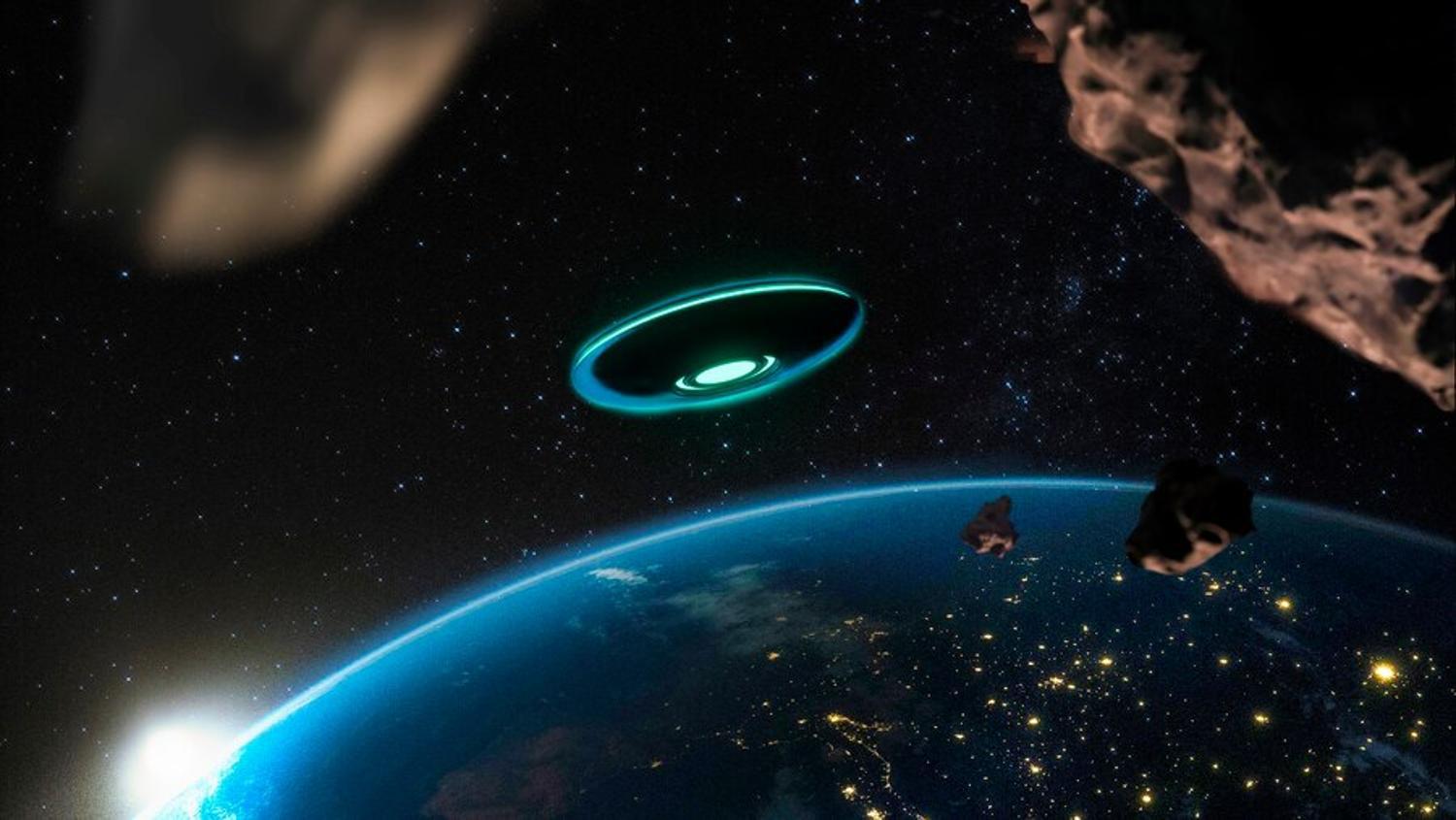
Source: Freepik
Instead, they proposed that the seeds of life arrived on our planet after hitching a ride on the backs of meteorites and comets that crashed landed on Earth.
Galactic Panspermia
In 2018, researchers working out of the Harvard-Smithsonian Center also published a study titled “Galactic Panspermia.”
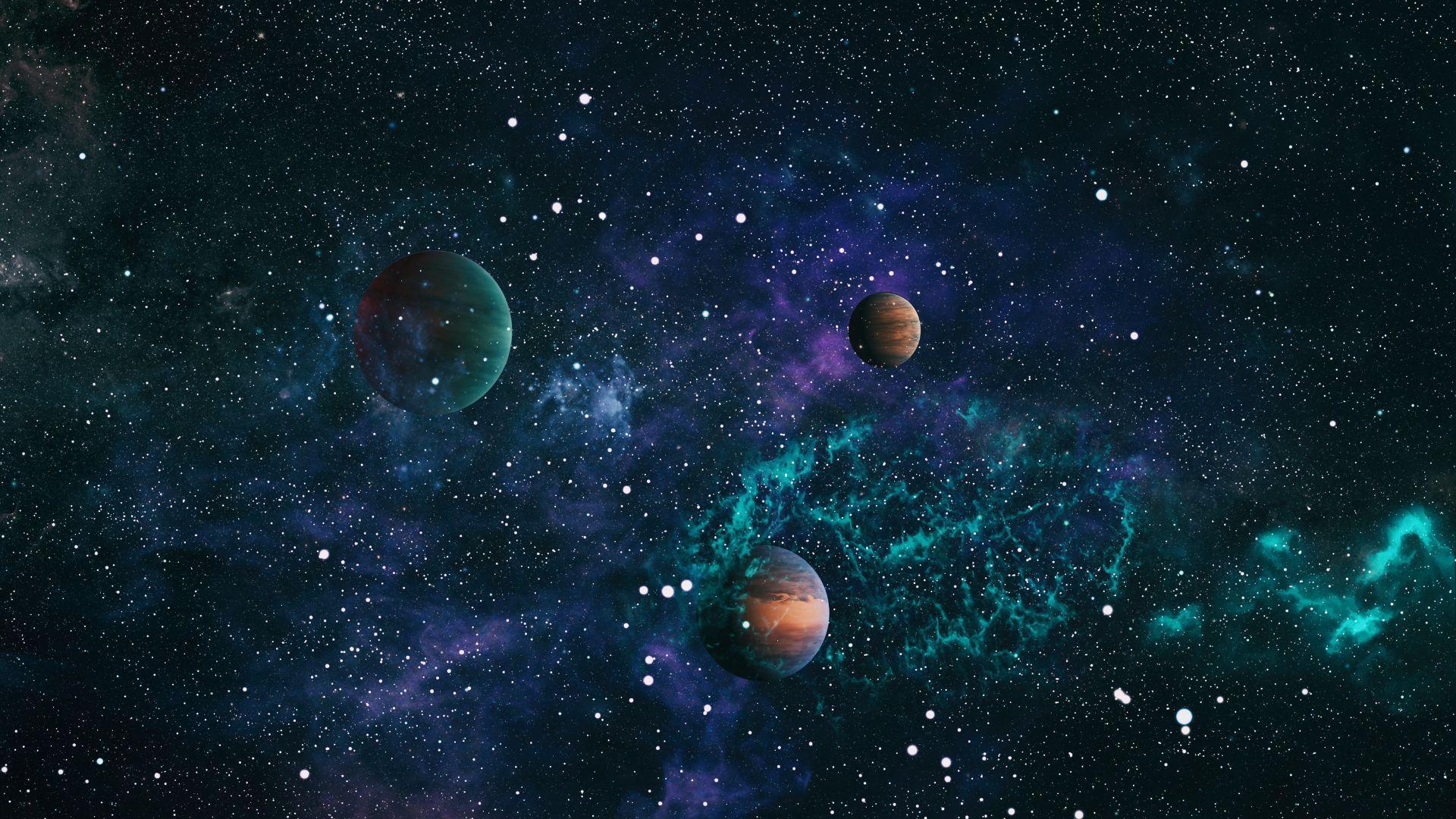
Source: Maximusnd Zahar
The team of researchers involved in this study found evidence to suggest that the building blocks of life can travel between solar systems and even galaxies on the back of celestial objects such as asteroids.
Alien Life Hitchhiking Throughout the Universe
As researchers continue to broaden their horizons regarding panspermia, it is becoming increasingly apparent that the seeds of extraterrestrial life have the potential to hop from planet to planet.
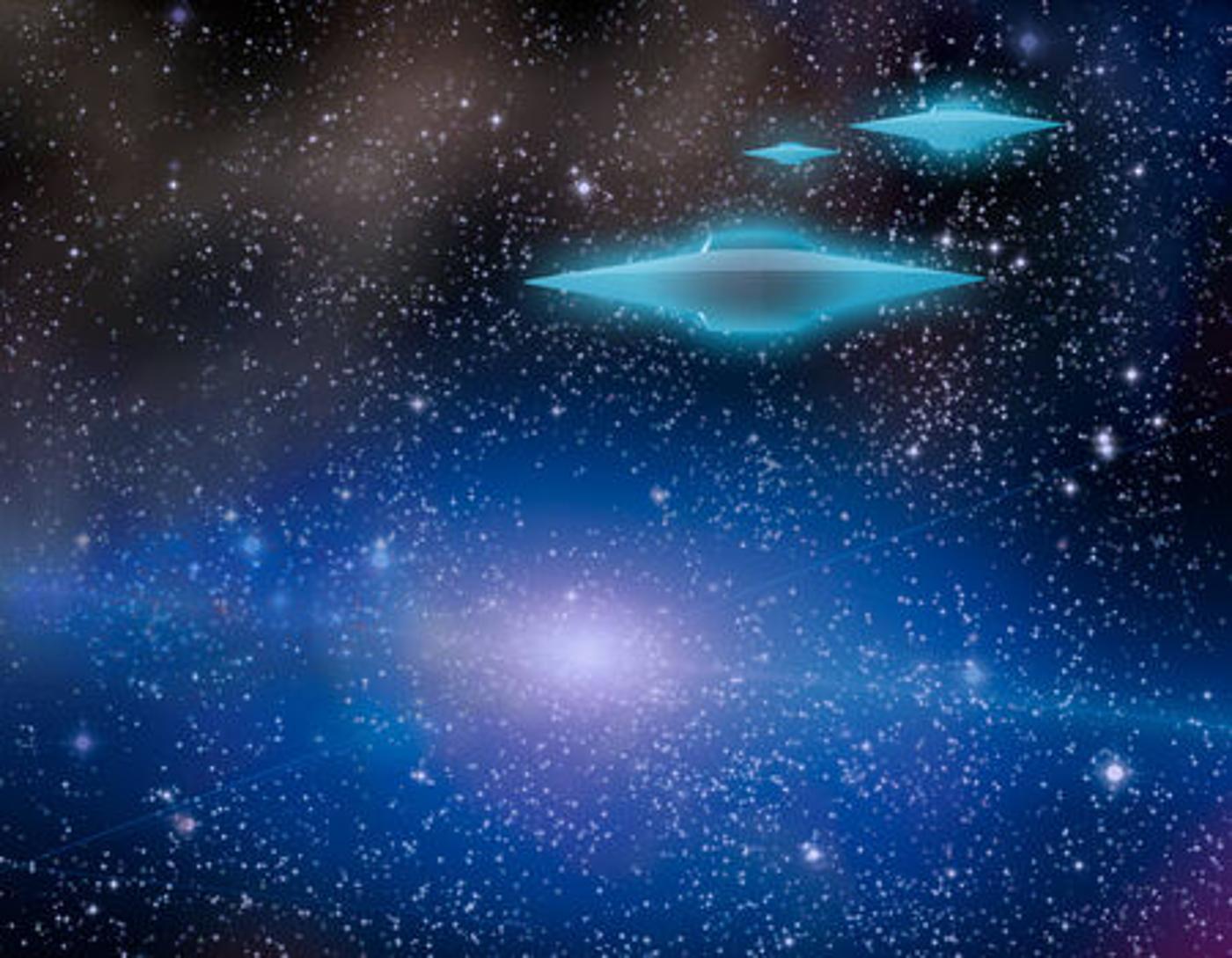
Source: 123RF
As respected astronomers and scientists continue to get involved and study the offshoots of the panspermia hypothesis, we should expect to see a dramatic increase in papers proposing alien life may be hitchhiking throughout the universe.
